Alternative to Big Four AI Testing: Why Domains Matter

The AI revolution is sweeping across industries faster than ever, but when it comes to testing and validating these AI systems, many organisations are turning to generic frameworks.
Alternative to Big Four AI Assurance Testing, Why Every Industry Needs Domain-Specific Solutions
The AI revolution is sweeping across industries faster than ever. Hospitals are deploying diagnostic assistants, customer service teams are rolling out intelligent chatbots, logistics companies are optimising routes with machine learning, and aviation authorities are exploring AI-assisted traffic management. But when it comes to testing and validating these AI systems, many risk averse organisations are turning to the same solution: generic frameworks from the Big Four consulting firms.
The major consulting firms excel at enterprise-wide AI strategy and governance. They can help you establish ethics committees, draft responsible AI policies, and create governance structures that satisfy executives and auditors. What they struggle with is the granular, domain-specific testing that modern AI applications actually require.
Consider these scenarios across different industries:
Healthcare: Your diagnostic support AI achieves 92% accuracy in clinical trials. But what happens when it encounters a rare variant, a patient taking multiple medications, or symptoms that don't fit standard textbook presentations? Generic testing frameworks can't simulate the complexity of real medical decision-making.
Customer Service: Your chatbot handles routine inquiries well, but can it maintain empathy during a complaint about a deceased family member's account? Can it recognise when a frustrated customer needs human intervention? Standard evaluation metrics miss these critical human factors.
Transportation: Your route optimisation AI minimises travel time on paper, but does it account for school zones during pickup hours, construction that isn't in official databases, or the difference between a medical emergency and routine delivery? Generic tests can't capture these operational realities.
Aviation: Your traffic AI correctly sequences arrivals 85% of the time, but what happens during thunderstorms with multiple runway closures and an emergency aircraft requesting priority? These aren't edge cases—they're Tuesday afternoon at a busy airport.
Why Every Domain Needs Specialised AI Testing
Each industry operates under constraints, regulations, and operational realities that simply don't translate across sectors:
Regulatory Complexity: Healthcare AI must comply with HIPAA and FDA requirements, while aviation systems need FAA and EASA approval. Financial services face different regulations entirely. Generic frameworks can't navigate this specialised compliance landscape.
Risk Profiles: The consequences of AI failure vary dramatically by domain. A recommendation error in e-commerce might mean a missed sale; in healthcare, it could mean misdiagnosis; in aviation, it could compromise safety.
Domain Knowledge: Effective AI testing requires understanding not just what the system does, but how real professionals work. You can't properly test medical AI without understanding clinical workflows, or transportation AI without grasping logistics constraints.
Stakeholder Expectations: End users in each domain have different expertise levels, risk tolerances, and decision-making processes that must be reflected in testing scenarios.
At Airside Labs, we've developed our methodology in aviation—one of the world's most regulated, safety-critical industries. The testing rigor required for AI systems that manage aircraft separation or optimise flight paths translates powerfully to other domains that demand reliability and accountability.
Our approach differs from traditional consulting in several key ways:
1. Real-World Data Integration
While Big Four firms often rely on sanitsed datasets, we believe in testing against operational reality. In aviation, this means using actual air traffic data, flight plans, and weather conditions. This principle applies across industries:
- Healthcare: Testing with anonymised real patient records and clinical scenarios
- Customer Service: Evaluating against actual customer interaction transcripts and complaint patterns
- Transportation: Using real route data, traffic patterns, and delivery constraints
2. Domain-Specific Benchmarking
Our Pre-Flight benchmark for aviation contains 300+ questions developed by industry professionals, testing everything from regulatory knowledge to complex operational scenarios. We apply this same methodology across sectors:
- Medical AI: Evaluations based on clinical guidelines, diagnostic reasoning, and patient safety protocols
- Service AI: Tests covering empathy recognition, escalation protocols, and cultural sensitivity
- Logistics AI: Scenarios involving regulatory compliance, safety requirements, and operational constraints
3. Automated Testing That Understands Context
Unlike traditional consulting engagements that deliver static reports, our evaluation frameworks integrate into development pipelines while maintaining domain awareness. A customer service AI test automatically adjusts for industry-specific terminology, while a medical AI evaluation incorporates the latest clinical guidelines.
4. Compliance-Ready Documentation
Every industry has its regulators and auditors. Our testing frameworks are built with certification in mind, providing the traceability and documentation required whether you're facing FDA review, FCA audit, or DOT inspection.
Beyond Generic Testing: Industry-Specific Excellence
The Big Four approach treats AI testing as a standardised process with minor customisations. We believe each domain deserves evaluation methods built from the ground up for its unique challenges:
Healthcare Focus: Our medical AI evaluations consider clinical workflows, patient safety protocols, and the nuanced decision-making that separates good medical AI from potentially harmful automation.
Customer Experience Excellence: Service AI testing that goes beyond accuracy to measure empathy, cultural sensitivity, and the subtle art of human communication that distinguishes exceptional customer service.
Transportation Optimisation: Logistics AI evaluation that accounts for real-world constraints like driver regulations, vehicle limitations, and the complex interplay between efficiency and safety.
Aviation-Grade Rigor: The foundation of our approach—testing methodologies developed for systems where precision and reliability aren't just nice-to-have features, they're absolute requirements.
The Specialised Solution Advantage
Generic AI assurance frameworks make a fundamental assumption: that AI testing is primarily a technical exercise. But in regulated industries with real-world consequences, testing is as much about domain expertise as technical capability.
When your AI system needs to work reliably in:
- High-stakes environments where errors have serious consequences
- Regulated industries with complex compliance requirements
- Operational contexts where domain knowledge matters
- Scenarios where human factors and institutional knowledge are critical
...then generic testing approaches aren't just inadequate—they're potentially dangerous.
Building the Future of AI Assurance
The promise of AI across industries is immense. Healthcare AI could improve diagnostic accuracy and reduce costs. Customer service AI could provide 24/7 support with human-level empathy. Transportation AI could optimise logistics while reducing environmental impact. Aviation AI could manage increasing traffic safely and efficiently.
But realising these benefits requires testing approaches that match each industry's sophistication and standards. Generic frameworks might satisfy procurement checklists, but they can't provide the confidence needed to deploy AI in critical applications.
At Airside Labs, we're applying aviation-grade testing rigor to AI systems across industries. We're not trying to be a traditional consulting firm that covers everything superficially. Instead, we're building the most sophisticated AI evaluation capabilities for domains where getting it right isn't just important—it's essential.
Ready to move beyond generic AI testing for your industry? Discover how Airside Labs' domain-specific evaluation frameworks can validate your AI systems with the rigor your applications demand. Visit airsidelabs.com to explore our specialized testing approach and learn how aviation-grade standards can elevate AI assurance in your sector.

Airside Labs Team
Research & Development
The Airside Labs team comprises aviation experts, AI researchers, and safety-critical systems engineers dedicated to advancing AI evaluation methodologies. Our collective expertise spans air traffic management, ground operations, commercial aviation, and AI security.
Ready to enhance your AI testing?
Contact us to learn how AirsideLabs can help ensure your AI systems are reliable, compliant, and ready for production.
Book A Demo